Granulomas
Understanding Granulomas: What They Are and How They Form
A granuloma is a small cluster of immune cells that develops as the body's protective response to injury, infection, or certain conditions. These tiny nodules act as the body's defense mechanism, working to isolate and manage substances it cannot eliminate on its own. Granulomas are essentially the body's way of containing foreign particles, bacteria, or other irritants, preventing them from spreading and causing further harm.
Expert Diagnosis and Treatment of Granulomas at Cumberland Skin
At Cumberland Skin, our team of dermatologists specializes in the precise diagnosis and treatment of granulomas. With exceptional skill and care, our skin experts are adept at identifying the underlying causes of granulomas and creating targeted treatment plans tailored to each patient's unique needs. Treatment options may include medications to reduce inflammation or minor procedures to remove the granulomas, ensuring a personalized approach for every individual.
Our specialists' extensive experience guarantees accurate diagnosis and effective management of these skin concerns. We are committed to providing the highest standard of dermatological care, helping you achieve your skin health goals with confidence. Whether you're dealing with a persistent granuloma or seeking preventive care, our team is here to offer personalized solutions that leave your skin looking and feeling its best.
To discover more about granulomas and the treatments we offer, please explore the detailed information below. Take the first step toward healthier skin by scheduling an appointment with one of our experienced providers at Cumberland Skin today.
Examples of Granulomas
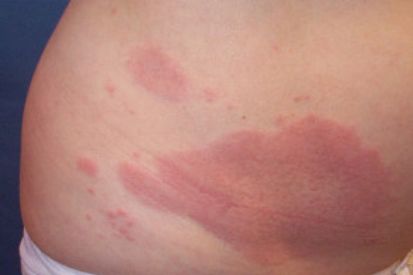
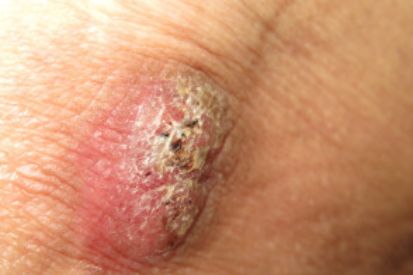
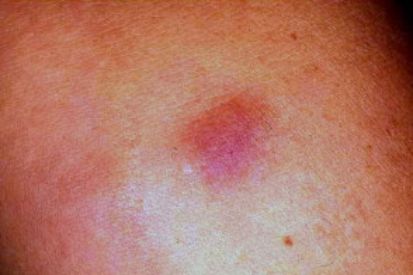
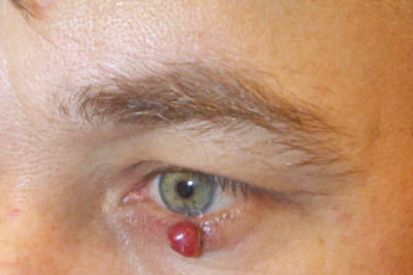
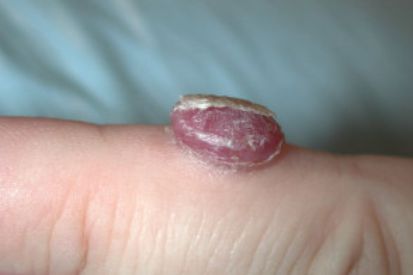
What are the Symptoms of Granulomas?
- The symptoms of granulomas can vary widely depending on the organ or tissue affected.
- Skin nodules or bumps.
- Rash.
Causes of Granulomas
- Granulomas are organized clusters of immune cells that form in response to infections, inflammation, or exposure to certain substances.
- They represent the body's attempt to isolate and contain perceived threats that it cannot eliminate, involving immune cells like macrophages and lymphocytes.
How to Prevent Granulomas
Granuloma FAQs
Granulomas can vary significantly in their impact on individuals. While some people may have granulomas without experiencing any noticeable symptoms, others might develop a range of symptoms based on the location and underlying cause of the granulomas. In some cases, granulomas may be asymptomatic, going undetected without any visible effects. However, when symptoms do occur, they can include skin changes such as redness, swelling, or the appearance of lumps. Additionally, pain or discomfort might be present, especially if the granulomas are located in sensitive areas or are associated with an ongoing inflammatory process.
Understanding the variability in symptoms is crucial for proper diagnosis and treatment. If you suspect you have granulomas or are experiencing any related symptoms, it's important to consult with a healthcare professional for an accurate evaluation and appropriate management.
Yes, granulomas can recur, particularly if the underlying cause isn't thoroughly addressed. These recurrences are common when the initial issue, such as a lingering infection, ongoing irritation, or an autoimmune disorder, remains untreated or is inadequately managed. Additionally, individuals with certain predisposing conditions may need continuous monitoring and treatment to prevent granulomas from returning.
To minimize recurrence, it is vital to effectively manage and treat the root cause. This might involve using anti-inflammatory medications, making lifestyle changes, or undergoing surgical procedures if necessary. Regular check-ups with a healthcare provider are essential to detect and treat any recurring issues promptly, ensuring sustained skin health and reducing the risk of future granuloma outbreaks.
Treatment of granulomas depends largely on their underlying cause. For skin granulomas, dermatologists may employ a variety of methods including topical steroids to reduce inflammation, cryotherapy to freeze and remove abnormal tissue, surgical removal for persistent or problematic granulomas, and laser therapy to target and diminish the granulomatous lesions. The choice of treatment is tailored to effectively address the specific type and severity of the granulomas present.
Granulomas can indeed be linked to allergic reactions, though this is not their most common cause. Allergic reactions can trigger granulomatous inflammation when the immune system overreacts to a foreign substance. This response can lead to the formation of granulomas as the body attempts to wall off and isolate the allergen. For example, hypersensitivity pneumonitis, a condition resulting from inhaling allergenic particles, can cause granuloma formation in the lungs.
In these cases, managing the allergic reaction is crucial to preventing and treating granulomas. Avoiding exposure to the allergen, along with medications such as corticosteroids to reduce inflammation, can be effective in managing the condition. Thus, while granulomas are more frequently associated with infections or autoimmune diseases, allergic reactions can also be an important contributing factor.
How to treat Granulomas
Our dermatologists typically treat granulomas by addressing the underlying cause and managing inflammation. Treatment may involve topical or oral corticosteroids to reduce inflammation, immunosuppressive medications, or, in some cases, surgical removal of the granuloma. Antibiotics might be prescribed if the granuloma is related to an infection.
The specific approach depends on the type and cause of the granuloma, and individual cases are often managed on a case-by-case basis. It's crucial to consult with your dermatologist for a proper diagnosis and tailored treatment plan.
Related Blog Posts
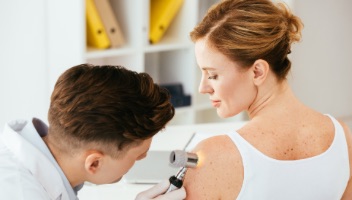
- Skin Cancer
- General Dermatology
- Skin Exams
- Sun Safety
If your dermatologist finds a suspicious mole during your TBSE, hey want to perform a skin biopsy.
Read More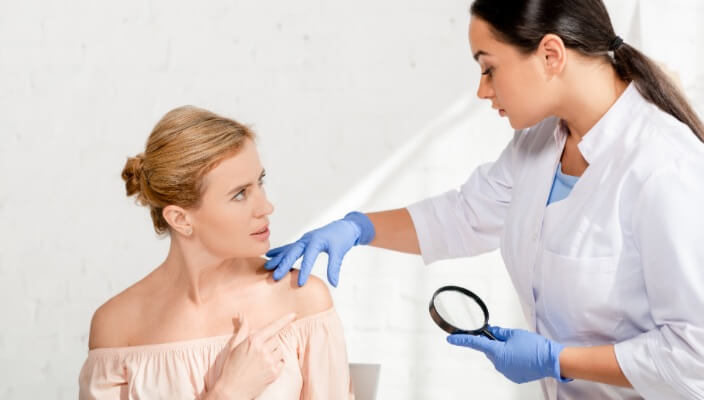
- Skin Cancer
- General Dermatology
- Chronic Skin Conditions
Learn more about the most common types of skin lesions we see at Cumberland Skin and how our dermatologists remove them.
Read More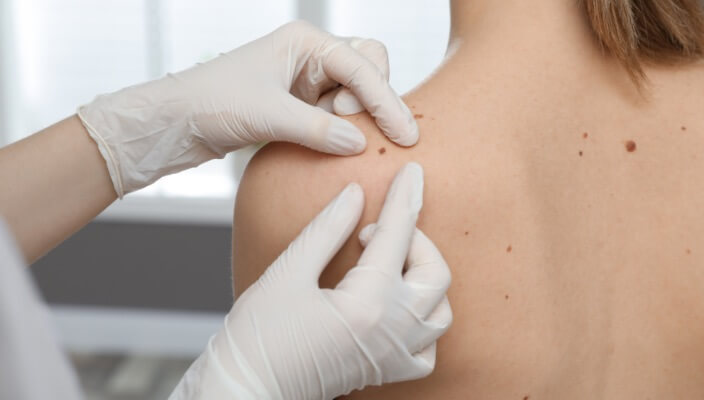
- General Dermatology
- Skin Exams
Preparing for your first dermatology appointment is important because it ensures everything goes as smoothly as possible and that your doctor is up-to-date on the status of your overall health and wellbeing. Here are our expert tips.
Read MoreFeatured Products
Check your local office for current stock!
Check your local office for current stock!


